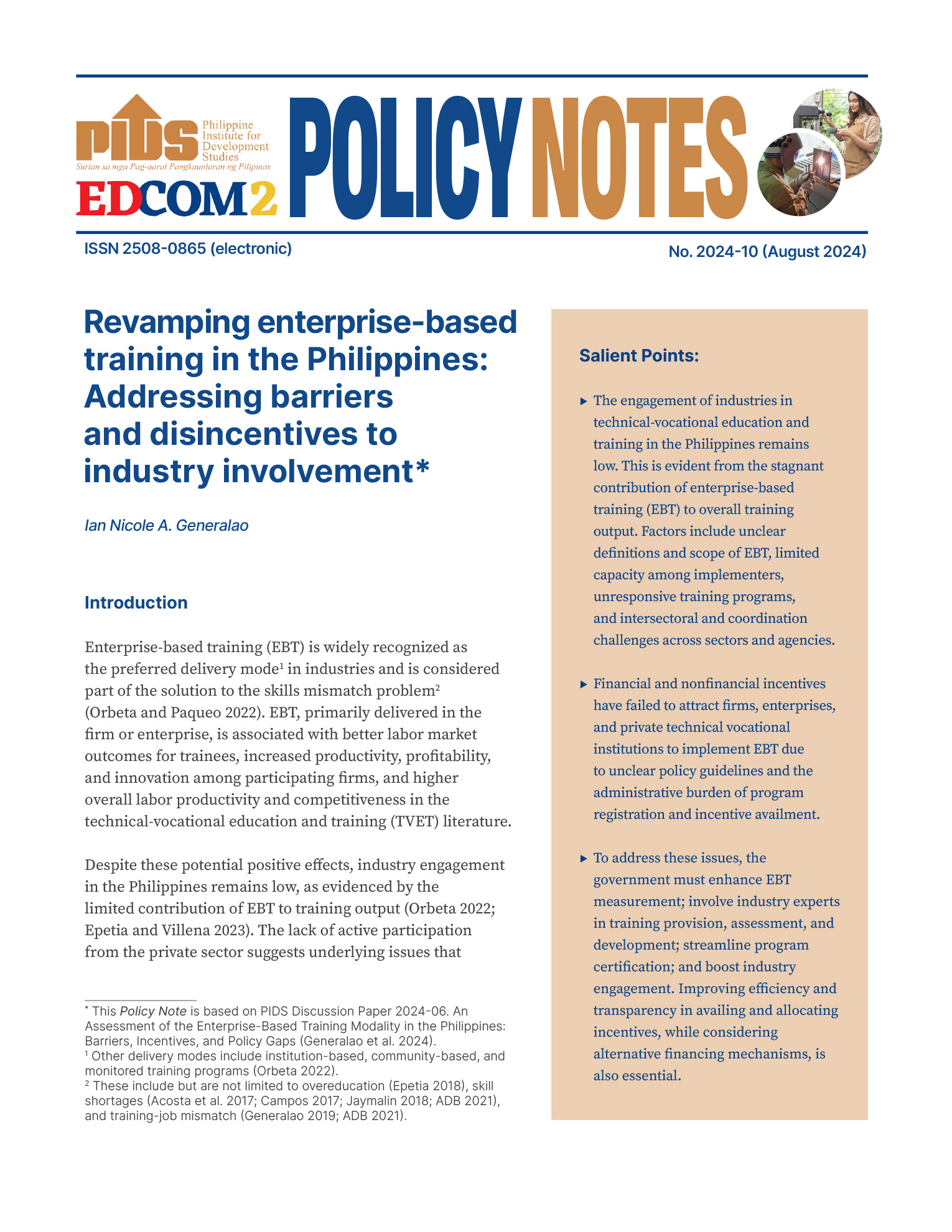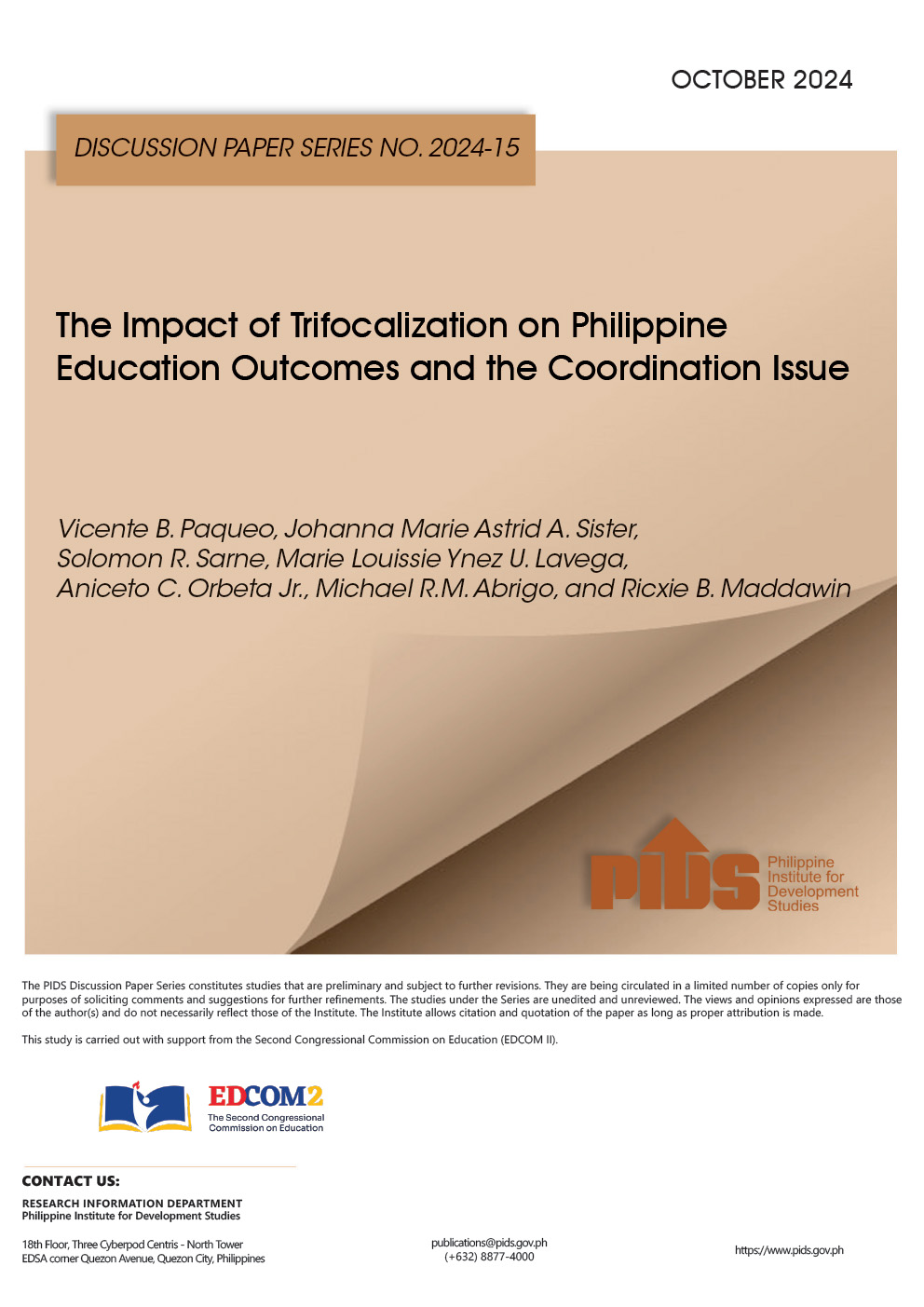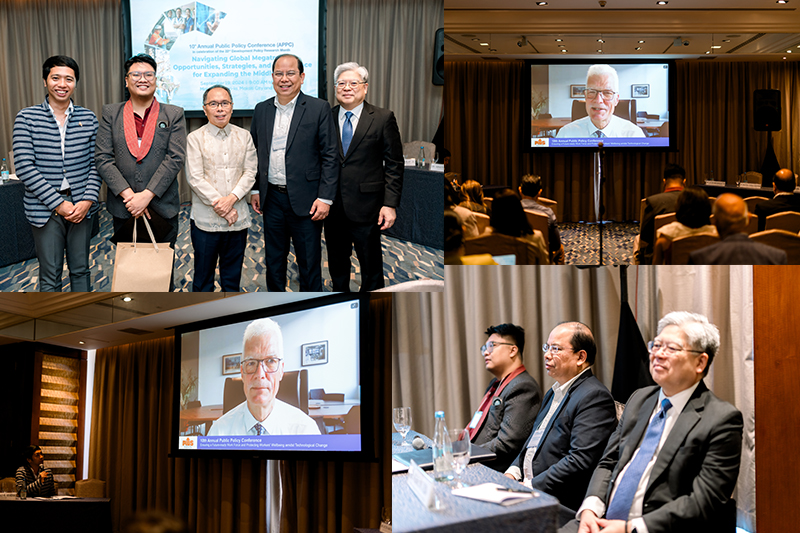MANILA, Philippines — The digital economy is expected to produce more job opportunities for women if gender gaps are addressed.
In a webinar organized by the Philippine Institute for Development Studies, the Department of Labor and Employment (DOLE) said the online labor market has a huge potential to create jobs for women as this does not require many eligibility requirements unlike traditional offline employment.
“It provides alternative employment opportunities even to those with limited educational and professional experience,” DOLE Institute for Labor Studies executive director Ahmma Satumba said.
“The promise of flexibility and the option to work-from-home allow women to engage in paid work alongside family responsibilities,” she said.
Satumba said the digital economy could be a solution to lingering constraints to women’s participation in the paid labor market, especially as gender gap remains an issue in the sector.
The Philippines was one of the first countries in Asia to ratify several international conventions in support of women, enact gender-specific legislation, and formulate policies promoting gender equality.
The International Finance Corp. earlier said closing gender gaps would be key to ensuring that women can compete in the digital economy in a post-pandemic world.
In the Philippines, where women are already active participants but are largely concentrated in the microenterprise segment rather than in higher-earning businesses, closing the gender gap will require finding ways to increase women’s sales and their ability to compete on e-commerce platforms.
However, Satumba noted that the idea of promoting flexible platform work as a strategy to economically empower women has not been universally accepted.
She added that flexible work arrangements is one of the major challenges faced by platform workers because it is outside the purview of existing labor regulations and social protection systems.
“The flexibility afforded by independent platform work may not translate to positive gender outcomes since stability of earnings and better working conditions are prerequisites to women’s economic empowerment,” Satumba said.
Satumba emphasized that it is important to have the right policy mix to address decent work constraints while harnessing the potential of the platform economy in terms of creating pathways toward a better future of work for women.
More job opportunities for women in digital economy











